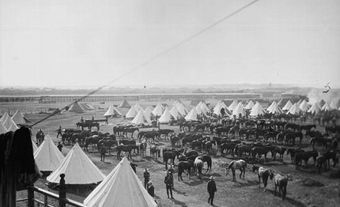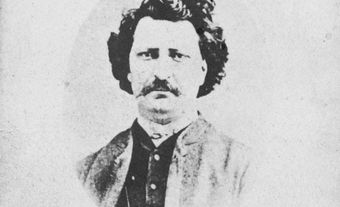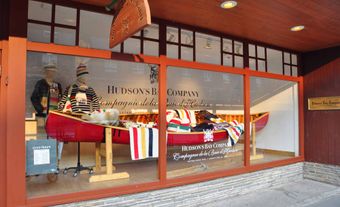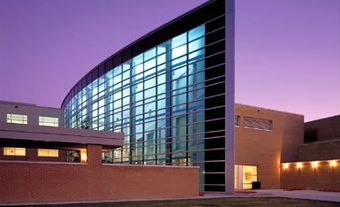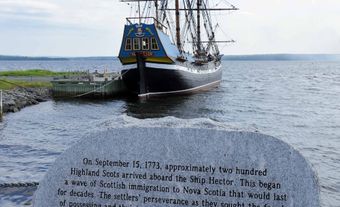Donald Alexander Smith, 1st Baron Strathcona and Mount Royal, fur trader, railroad financier, diplomat (born 6 August 1820 in Forres, Scotland; died 21 January 1914 in London, England). Smith was a leading businessman, politician, diplomat and philanthropist of the 19th and early 20th century. He was governor of the Hudson’s Bay Company, president of the Bank of Montreal and high commissioner for Canada in the United Kingdom. Smith also played an important role in the development of the Canadian Pacific Railway, the Royal Victoria Hospital in Montreal and the Royal Victoria College for women at McGill University.

The son of a tradesman, Donald Alexander Smith joined the Hudson's Bay Company in 1838 and worked his way through the ranks from apprentice clerk to become chief commissioner in 1871. By 1883, he was a director of the company and, through careful investments, its largest shareholder. In 1889, he was chosen governor, or chief executive officer, of the company.
Smith came to public attention in 1869 when he was sent to Fort Garry to help settle the terms of union between Louis Riel's provisional government and Canada. The mission was successful, and Smith began a political career, representing Winnipeg–St John in the Manitoba legislature 1870–74 and Selkirk in the House of Commons 1871–78. In 1874, when dual representation was abolished, he elected to sit in the Dominion Parliament.
Although Smith was a Conservative, he voted against the Macdonald government in the Pacific Scandal; thereafter, relations between Macdonald and Smith were cool. After a nine-year absence Smith returned to Parliament, representing Montréal West 1887–96. In 1873–74 Smith, his cousin George Stephen, James Jerome Hill and others acquired the depreciated bonds of the St Paul, Minneapolis and Manitoba Railway, a line running through Minnesota to the Canadian border.
Smith was an enthusiastic supporter of the Canadian Pacific Railway, and his financial backing was essential to its progress. He was therefore invited to drive the last spike when the railway was completed in 1885. Smith was also a principal shareholder and, in 1887, president of the Bank of Montreal, which was closely associated with the CPR.
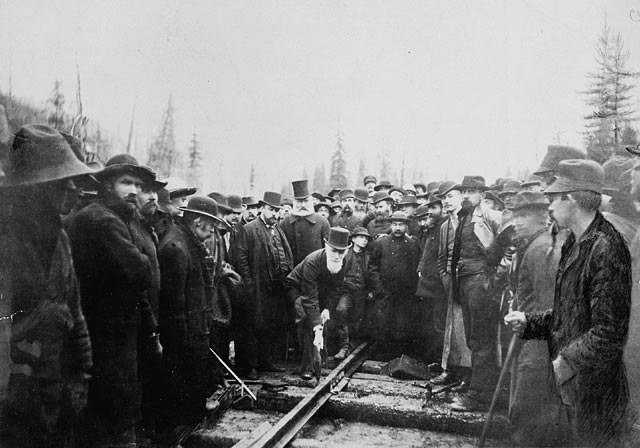
In April 1896, Prime Minister Sir Mackenzie Bowell appointed Smith high commissioner for Canada in the United Kingdom. He held this post, along with the HBC governorship, until his death. Smith became prominent in British public affairs and spokesman in London for the self-governing colonies. During the South African War he personally maintained Strathcona's Horse, a regiment of over 500 mounted riflemen which later became Lord Strathcona's Horse (Royal Canadians).
Smith was elevated to the peerage in 1897 and served as chancellor of McGill University, where he founded Royal Victoria College for women in 1896. He also helped found the Royal Victoria Hospital in Montreal. Smith was a generous philanthropist, contributing more than $7,500,000 in donations and bequests to organizations throughout Canada, the United States and the United Kingdom, including hospitals, colleges and universities, and the YMCA.

 Share on Facebook
Share on Facebook Share on X
Share on X Share by Email
Share by Email Share on Google Classroom
Share on Google Classroom



